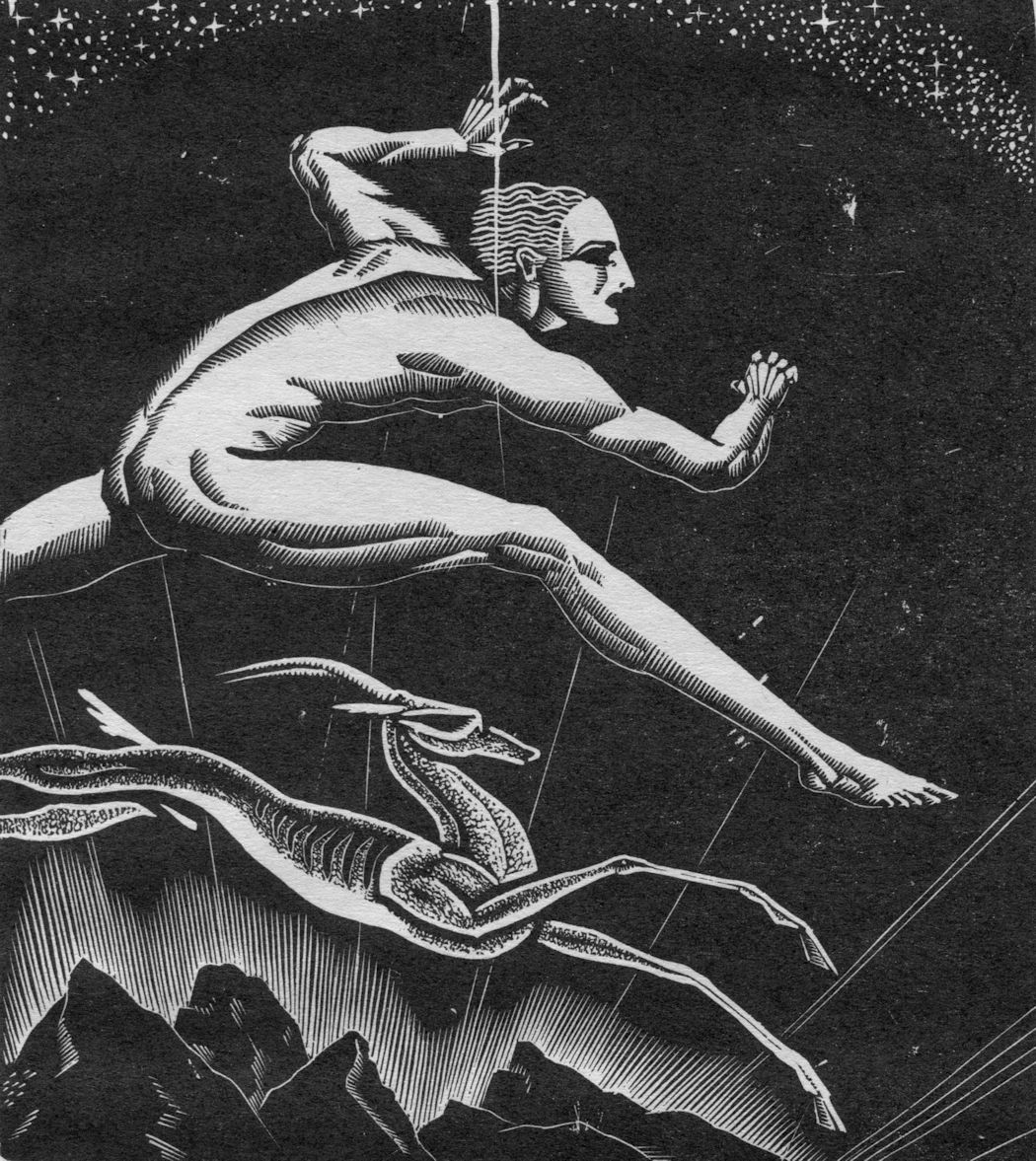Josef Breitenbach (1896 - 1984)
Born in Munich to a family of wine merchants, Photographer Josef Breitenbach studied philosophy and art history at Ludwig-Maximilian University from 1914 to 1917, where he was politically active in the Social Democratic Party. In 1918, he participated in the coup d’état in Bavaria and held office during the brief life of its Soviet-inspired government. During that turbulent period, Breitenbach made contacts throughout the world of Munich’s radical intellectuals that bore fruit when he ultimately turned to photography in 1932, after several unhappy and unsuccessful years managing the family business.
In that year, Breitenbach opened his first photographic studio, whose clients were principally the artists and actors of Munich’s bohemian community. His initial success was short lived, thanks to the National Socialist takeover in 1933. His Jewish background made him an early target of the brownshirts, who confronted him at his studio. He was able to use his portrait of then Vice-Chancellor Papen – whom he had photographed the year before – together with a letter of thanks from Papen for his work in order to claim that he was under Papen’s protection. Seizing the brief vacuum created by his subterfuge, Breitenbach fled immediately to Paris.
He remained in Paris until 1939, and during that period exhibited at shows with leading Surrealists including Man Ray, Cartier-Bresson, and Roger Parry, producing a body of inventive images that incorporated avant-garde production techniques. Active in the German expatriate community there, Breitenbach exhibited work in the 1938 exhibition Five Years of Hitler Dictatorship, mounted by the Union des Artistes Allemands Libres. It was there that he met and collaborated with Bertolt Brecht. During the early German occupation of France in 1941, Breitenbach escaped internment and subsequent conscription by fleeing to New York from Marseilles.
Settling in New York, where he lived for the remainder of his life, Beitenbach established a successful freelance career and exhibited his work widely during the next two decades, including shows at Museum of Modern Art and Metropolitan Museum of Art in New York. He also taught at Cooper Union and The New School. His work was selected by Edward Steichen for inclusion in the Metropolitan Museum’s traveling exhibit The Family of Man. He died in New York.
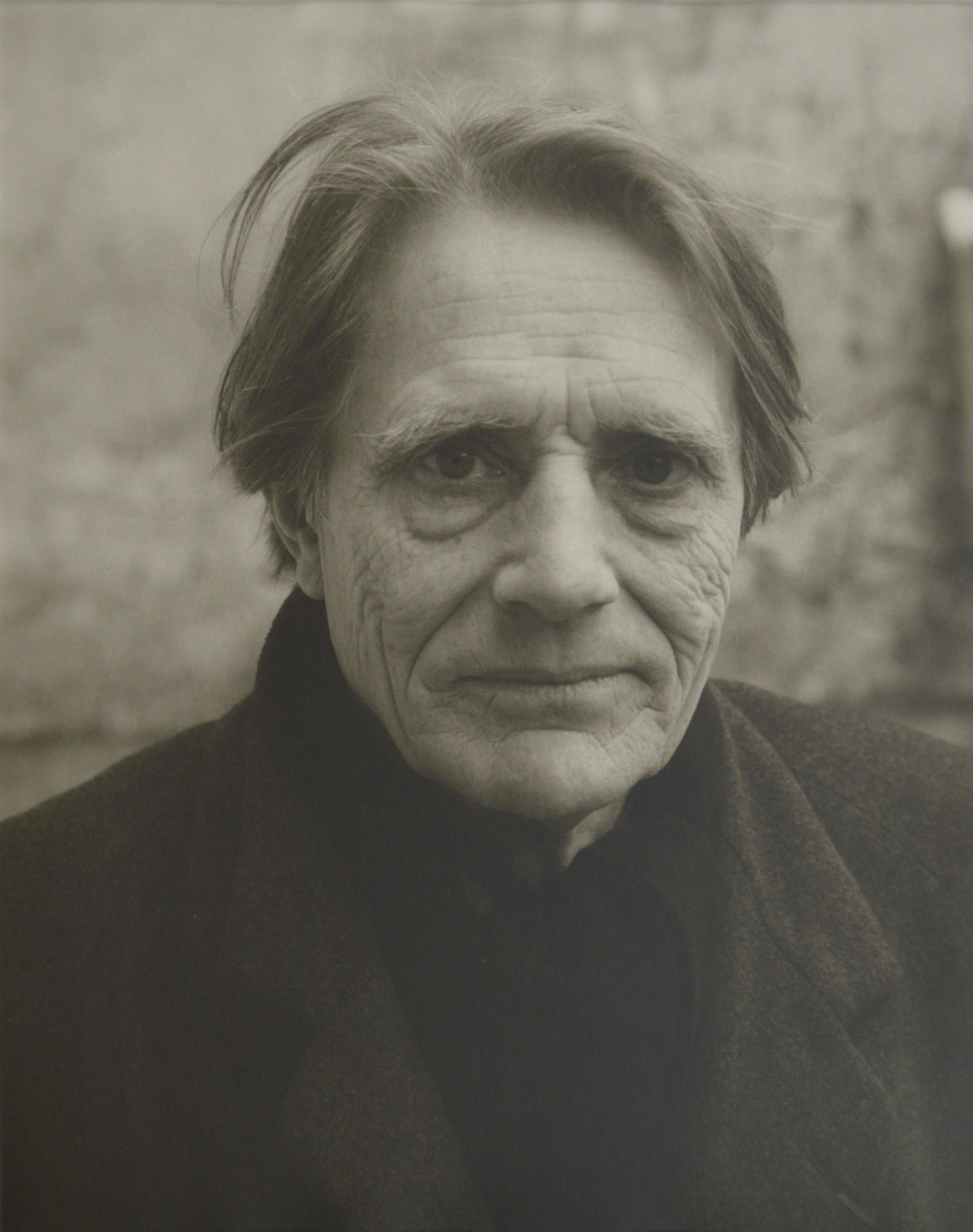
Stanley William Hayter, Paris, 1971
Gelatin silver print, 1976 (negative created 1971); edition of 25. Full bleed image on 11" x 14" sheet. Published by Lunn Gallery / Graphics International Ltd., Washington, D.C. Signed in pencil by Breitenbach on verso and numbered 2.
A sensitive portrait of the great print maker and painter, and the founder in 1927 of his highly influential print workshop, originally in rue Moulin Vert in Paris, which became Atelier 17 after relocation to 17 Rue Campagne-Première. Fine.
$1,200
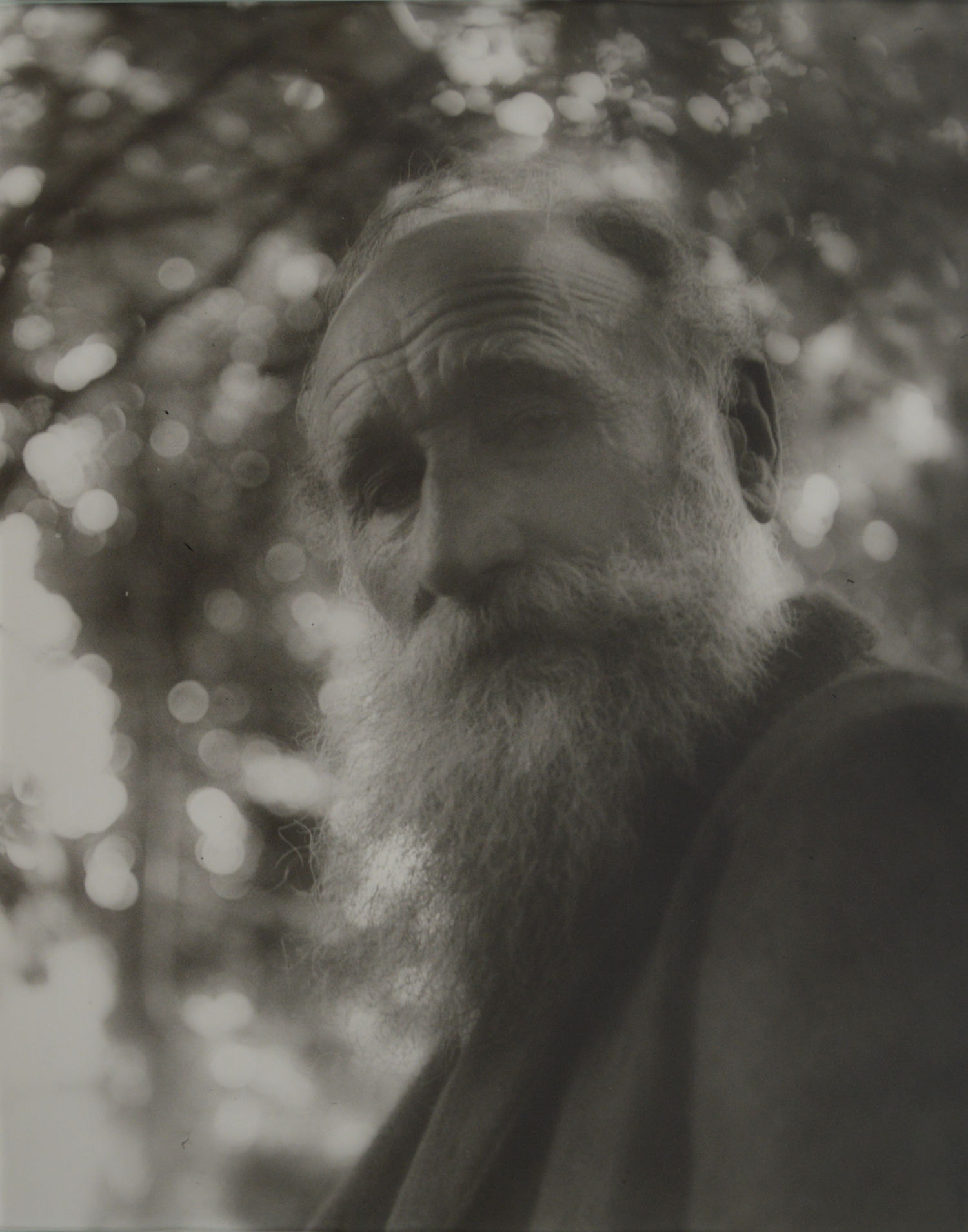
Aristide Maillol, Marly Le Roy, 1935
Gelatin silver print, 1976 (negative created 1935); edition of 25. Full bleed image on 11" x 14" sheet. Published by Lunn Gallery / Graphics International Ltd., Washington, D.C. Signed in pencil by Breitenbach on verso and numbered 2.
A portrait of Aristide Maillol (1861 - 1944), the noted artist best known for his sculptures, was also a painter and printmaker. His work is in the collections of major museums around the world as well as the museum at his former home near Banyuls-sur-Mer in the Pyrénées. Fine.
$1,100
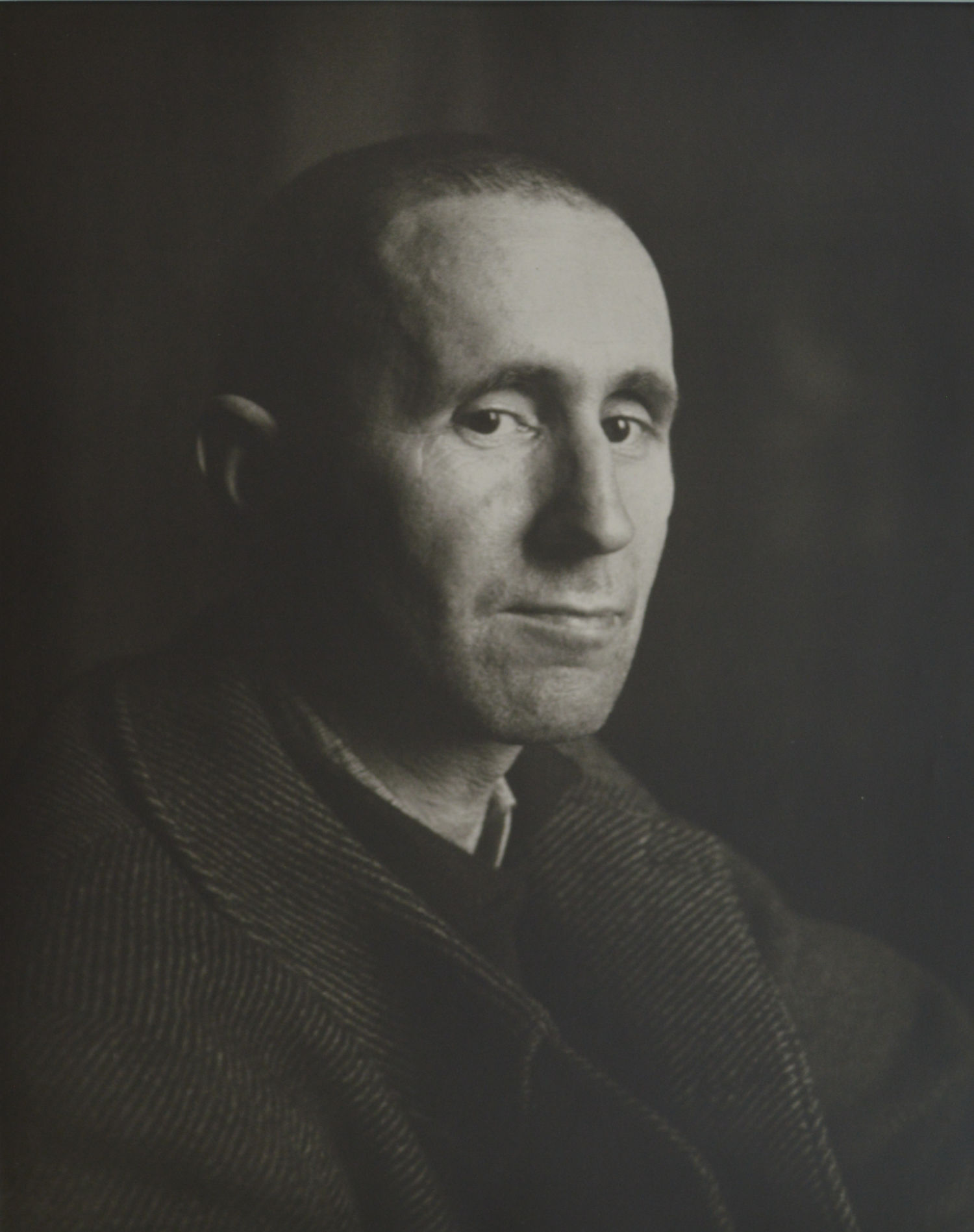
Bertolt Brecht, Paris, 1939
Gelatin silver print, 1976 (negative created 1939); edition of 25. Full bleed image on 11" x 14" sheet. Published by Lunn Gallery / Graphics International Ltd., Washington, D.C. Signed in pencil by Breitenbach on verso and numbered 2.
Breitenbach met the playwright, poet, and stage innovator Bertolt Brecht through their mutual involvement in the Union des Artistes Allemands Libres in Paris, where a radical group of opponents to the National Socialist regime had gathered. An expressive and nuanced portrait of Brecht at age 40. Fine.
$1,500
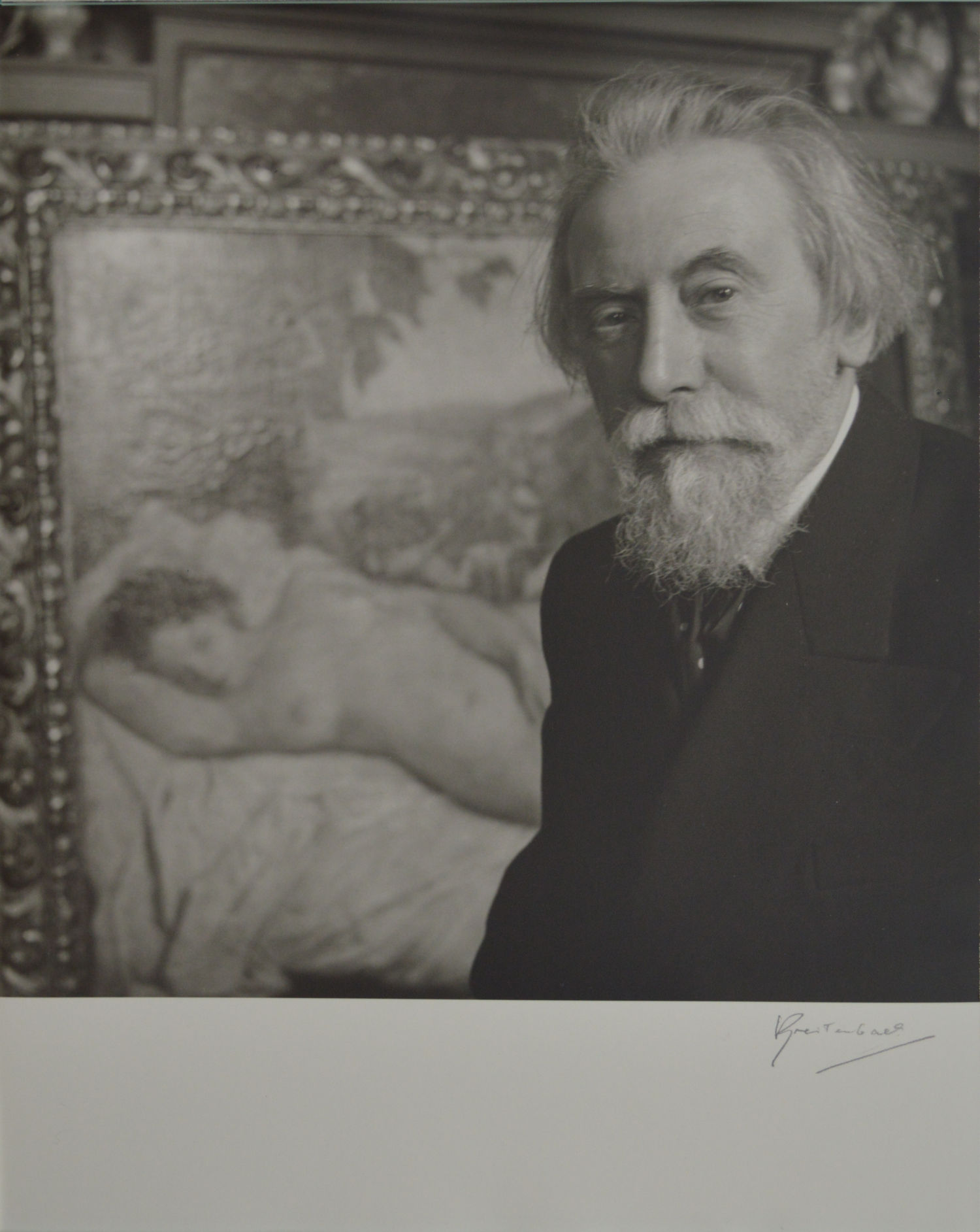
Émile Bernard, Paris, 1939
Gelatin silver print, 1976 (negative created 1939); edition of 25. Image size 11" x 11-1/8" on 11" x 14" sheet. Published by Lunn Gallery / Graphics International Ltd., Washington, D.C. Signed in pencil by Breitenbach on recto and numbered 2 on verso.
Post-Impressionist painter and writer Émile Bernard (1868 - 1941), photographed by Breitenbach just two years before his death. His most productive period was in the latter years of the Nineteenth Century, but Bernard remained an influential presence in the world of French art. Fine.
$775
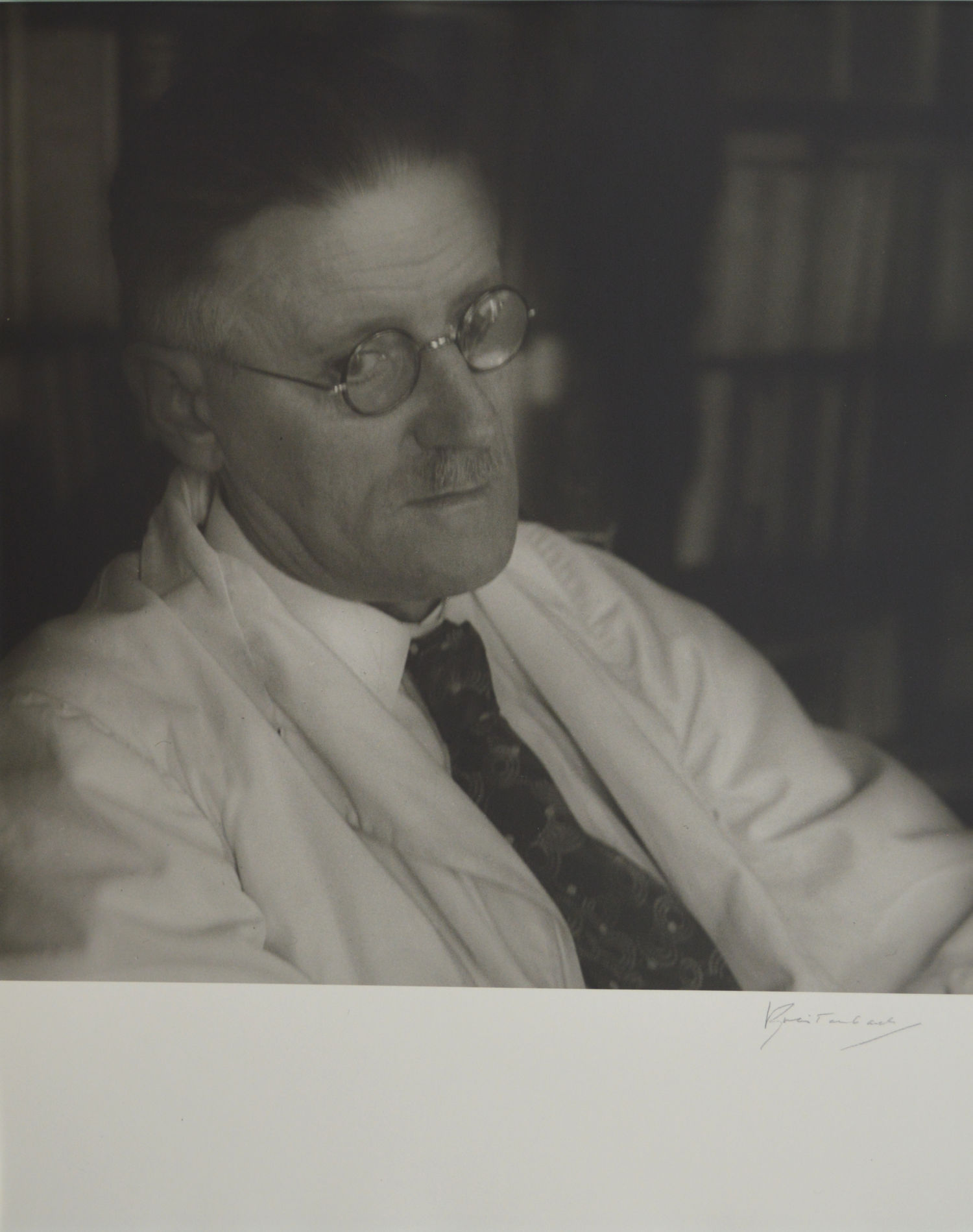
James Joyce, Paris, 1937
Gelatin silver print, 1976 (negative created 1937); edition of 25. Image size 11" x 11"; sheet size 11" x 14". Published by Lunn Gallery / Graphics International Ltd., Washington, D.C. Signed in pencil by Breitenbach on recto and numbered 2 on verso. Fine.
SOLD
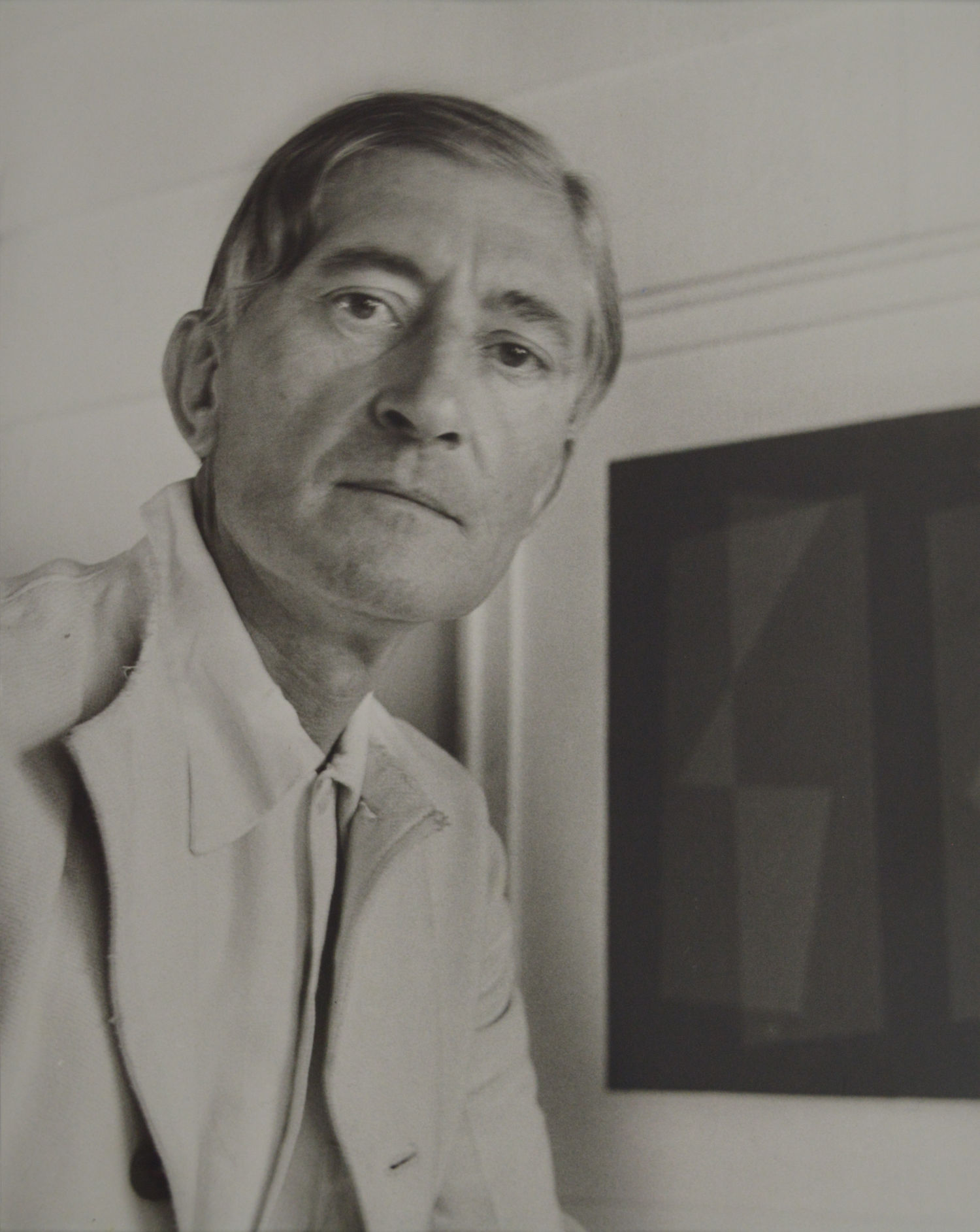
Josef Albers, Black Mountain, North Carolina, 1944
Gelatin silver print, 1976 (negative created 1944); edition of 25. Full bleed image on 11" x 14" sheet. Published by Lunn Gallery / Graphics International Ltd., Washington, D.C. Signed in pencil by Breitenbach on verso and numbered 2.
At the time of his emigration from Germany, Josef Albers (1888- 1976) was an instructor at the Bauhaus in Dessau, which was closed by the National Socialist regime. He came to the United States and, with the support of the architect Philip Johnson (then a curator at MOMA in New York, Albers joined the faculty of the newly-established experimental Black Mountain College in North Carolina, and headed its painting program until 1949.
$1,100
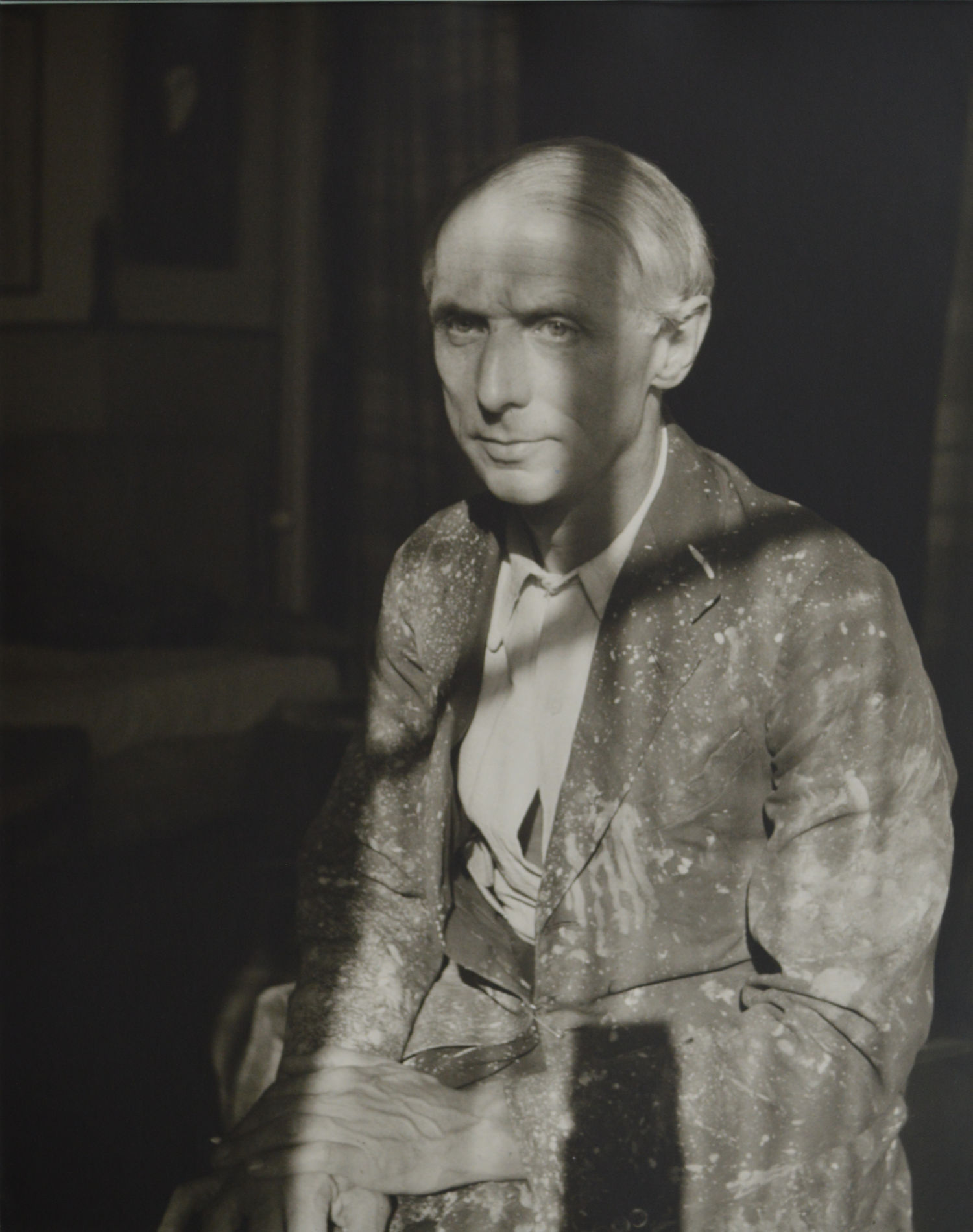
Max Ernst, Paris, 1939
Gelatin silver print, 1976 (negative created 1939); edition of 25. Full bleed image on 11" x 14" sheet. Published by Lunn Gallery / Graphics International Ltd., Washington, D.C. Signed in pencil by Breitenbach on verso and numbered 2.
Max Ernst (1891 - 1976) was pioneering Dadaist and Surrealist painter, painter, sculptor, graphic artist, and poet. This portrait was taken some two years prior to his departure for the United States, where he lived until the early 1950s before returning to France. Fine.
$1,200
